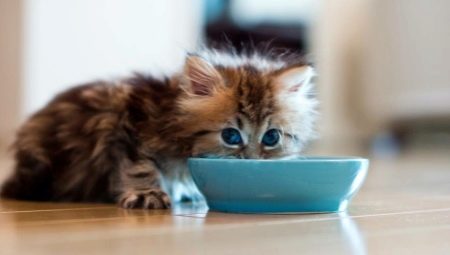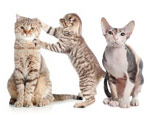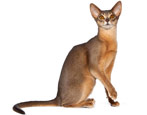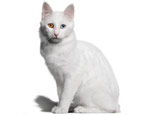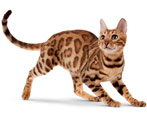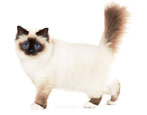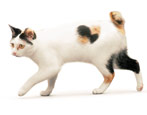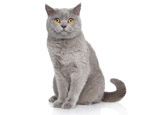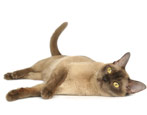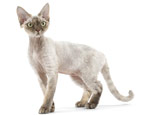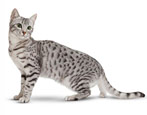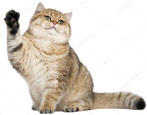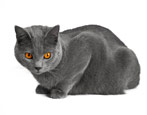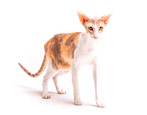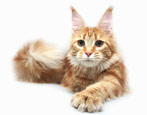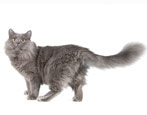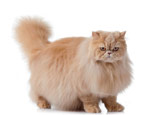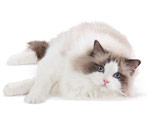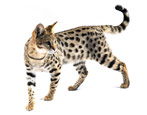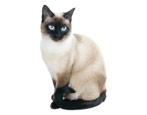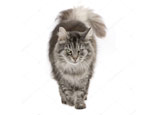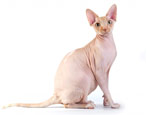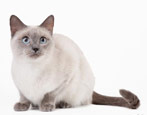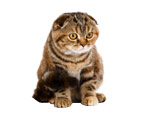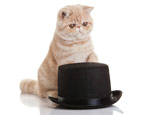A cat, like any other pet, needs a proper and balanced diet. It depends on this state of health and mood of the animal. Every owner who has a cat should know how to properly feed it. Only under this condition can we talk about good health and energy of the pet. Today we will analyze in detail all the existing rules for feeding this cute animal.
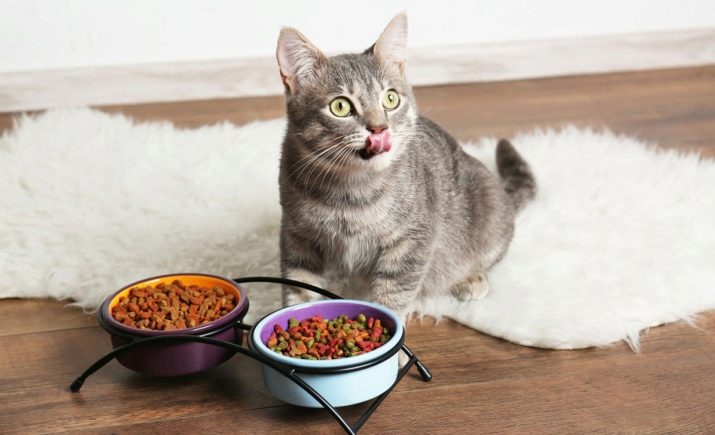
Nutrition rules
Cats are popular and widespread pets that many people love. As a rule, these pets are unpretentious and undemanding in matters of nutrition, but this does not mean that they can consume everything as food. Cats need to be fed correctly, observing a certain regimen. Let's look at some basic rules for feeding these cute animals.
- Try not to make a hash in the pet's bowl. Some people try to make real cat porridge out of certain ingredients. This is a useless exercise - the cat will still choose exactly what she needs most from the total mass. All other components, even if they are tiny, will remain in the cup and may soon deteriorate.
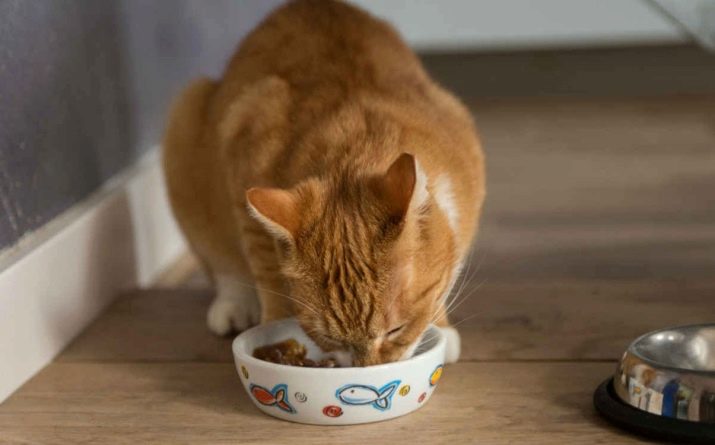
- Consider the fact that cats are very demanding on the temperature of food consumed. In this situation, instincts come first. In a natural habitat, wild cats begin to consume food immediately after a successfully completed hunt, while the meat has not yet had time to cool.In addition, through certain experiments, it was proved that cold food is much worse absorbed by the cat's body.
But, of course, food should not be too hot either, otherwise the pet may get burned.

- Experiments are permissible in feeding cats. Organoleptic properties are very important for these pets. But it must be borne in mind that in this issue each individual has its own specific preferences. For example, one cat will like the new food bought by the owner, and the other will be more conservative and will prefer the usual diet to new introductions.
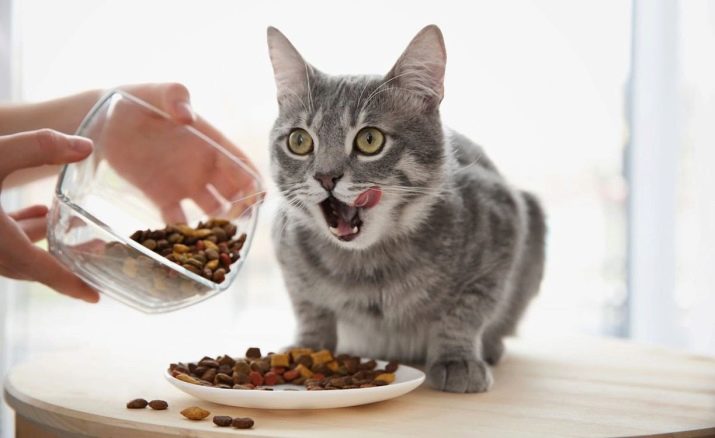
- In food for cats should be proteins and vitamins. WITH With this food the animal will be healthy and energetic, the coat will be in perfect condition.
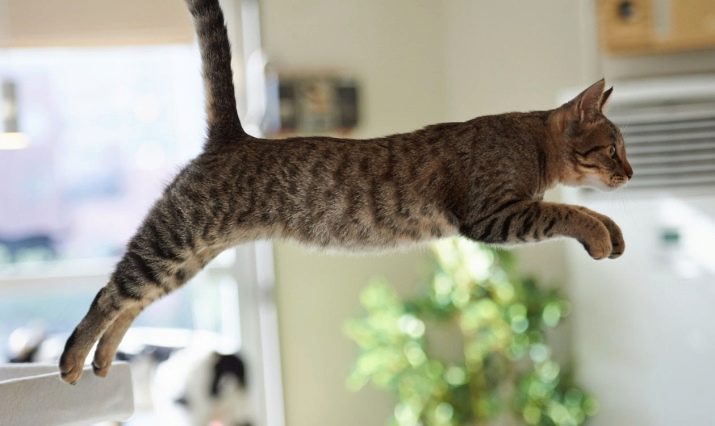
- No need to feed cats only meat or only fish. Many owners, unfortunately, believe that only such products can be given to animals. This opinion is erroneous. Food must be varied enough. So, wild individuals eat the meat of birds and small rodents, eating prey along with all the contents in its stomach - herbs and seeds.
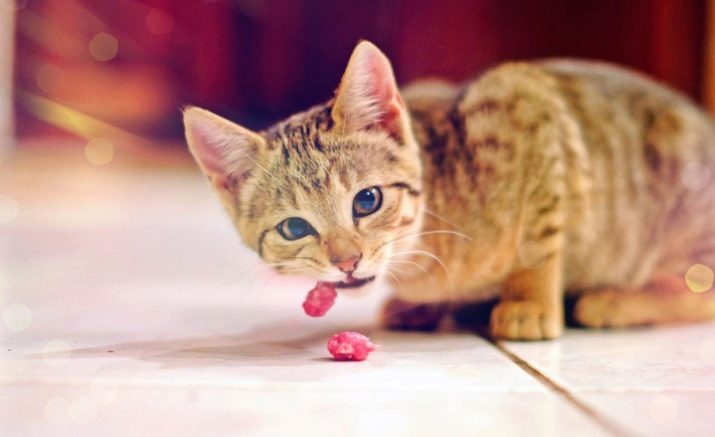
- It is necessary to initially determine what kind of food you are going to give the cat. It is allowed to give either only dry or only natural feed. This important rule should not be neglected, otherwise chronic diseases of the gastrointestinal tract can be provoked. It is important to consider that dry feed and products of natural origin cannot be digested at the same time. That is why it is necessary to make a choice in advance in favor of a certain type of animal nutrition.
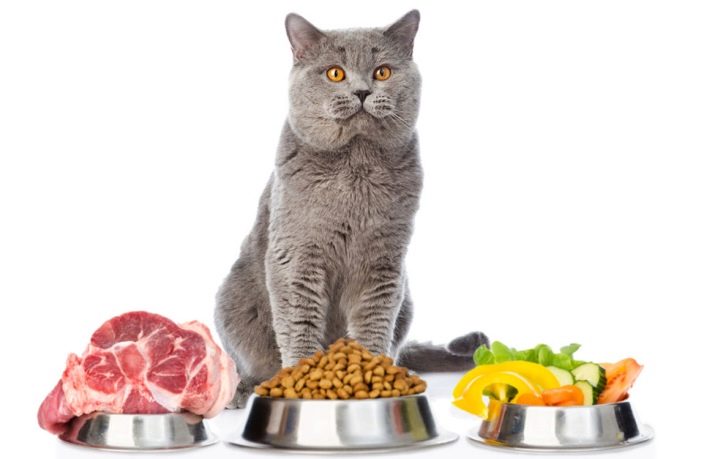
- If you decide to feed your pet with dry foodthen you should only purchase premium quality or super premium products. In addition to the highest quality and saturation, such feeds are characterized by the presence of preventive diets. With such nutrition, the animal will always be healthy and active.
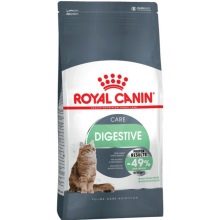
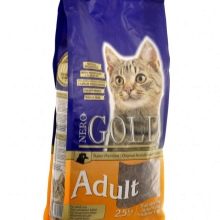
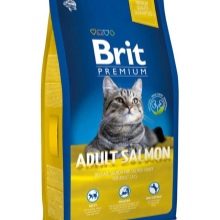
- The nutrition of a cat must be selected in accordance with its physiological state. During pregnancy and feeding, the diet should be as balanced as possible for calcium and protein. It is very important to pay due attention to the content of taurine. Sterilized and neutered animals should be fed in such a way as to consume fewer calories, so that the pet does not gain weight and does not have obesity.
You should ask your veterinarian exactly how to feed the cat with a particular disease.
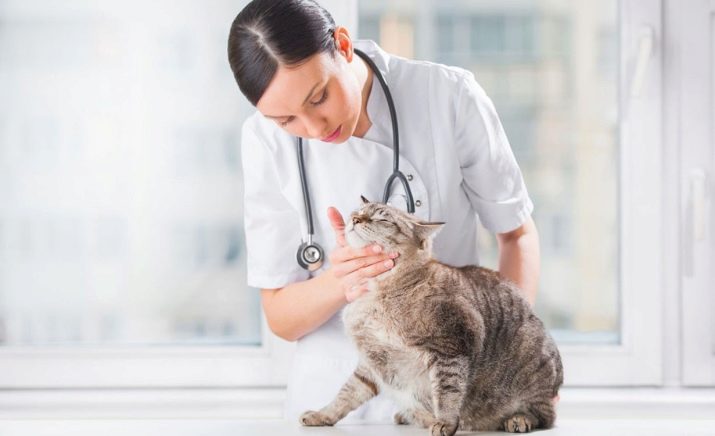
- Adult cats need to be fed in the same place in the house. The animal must have its own separate bowl with compartments for food and water. Food and canned foods should not be given cold.
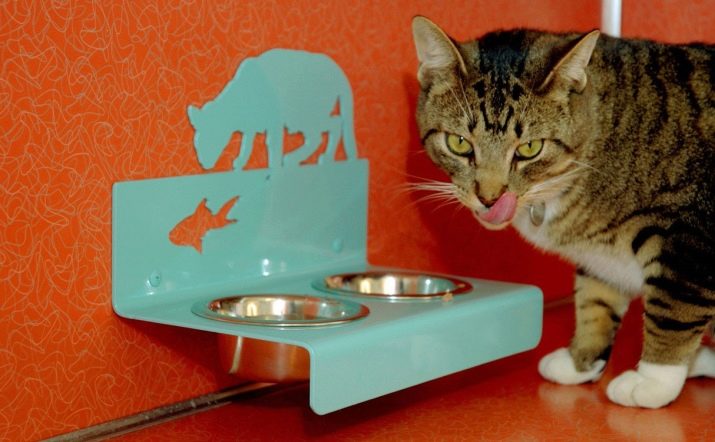
- You should pay attention to the degree of freshness of products. They must be of high quality.
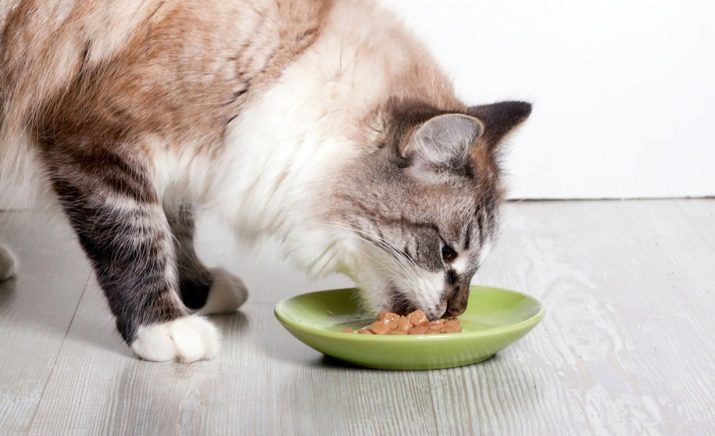
All of these rules are very important. They must be followed if you care about the health of the cat.
Organic food
As mentioned above, the diet for cats must be selected in advance. You can feed your pet with natural or dry food. Many owners prefer products of natural origin. The basis of such a pet diet is usually meat. Veterinarians recommend giving cats such meat products:
- veal and beef;
- turkey and chicken;
- rabbit meat;
- low-fat marine fish;
- children's meat puree with vegetables.
It is very important to feed cats only with properly cooked meat. It is recommended to boil it and be sure to peel it, especially when it comes to chicken meat. It is permissible to feed such pets with fish not too often - not more than 1 time per week. As for children's purees, which are sold in many stores, their veterinarians advise giving small kittens or adults with certain problems associated with the gastrointestinal tract.
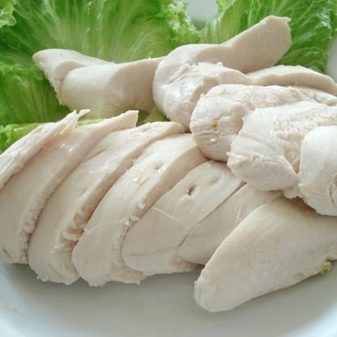
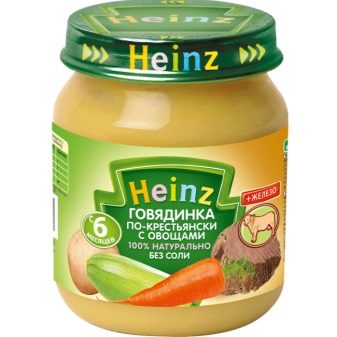
The favorite dish of many cats are chicken heads.At first glance, in such products there is nothing useful and necessary for animals, but they contain a large percentage of proteins, collagen, vitamins and calcium. Satisfies such nutrition and many hosts, since chicken heads are a cheap offal, which is useful even for pregnant individuals.
However, it should be borne in mind that the bones found in such products can harm the animal - this is the main minus.
It is recommended to give the cats chicken heads in this form:
- it is better to take the heads of broiler chickens, and not adult birds, since the thin bones of young individuals are much easier to crack and digest;
- heads should be slightly frozen for several days;
- cooking chicken heads is not recommended;
- at one meal, the cat should not be given more than 1-2 chicken heads;
- you can not give such a product more than 2 times a week;
- be sure to remove the beak;
- if you feed a kitten, then for him it is advisable to chop chicken heads into two halves.
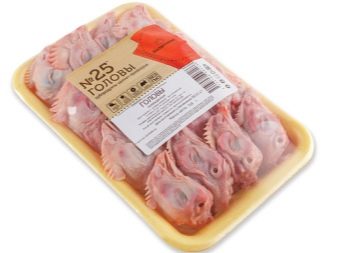
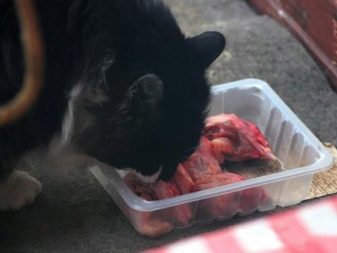
Many people are interested in whether cats can be given vegetables.
Of course, you can and even need to, because they are very useful, but, unfortunately, not every cat agrees to eat such food. Vegetables must be properly introduced into the pet's diet. This should be done in such a way that he does not even understand that his food has such uninteresting components for him. The most useful vegetables for cats are:
- carrots and beets;
- salad and cauliflower;
- pumpkin and zucchini.
Cat foods should not contain foods such as eggplant and tomatoes. This is due to the fact that in the composition of these vegetables there are certain substances that can adversely affect the health of the pet. If the animal does not refuse simple vegetables, then he is allowed to serve them raw or add quite a bit of vegetable oil.
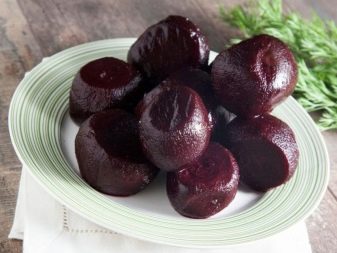
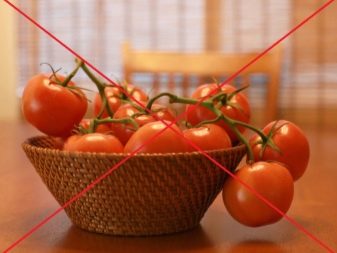
If the cat categorically refuses to eat vegetables, then it can be deceived by adding them to meat products. In this case, the animal will not understand that it is not eating what it wants, and will receive the useful vitamins that are in the composition of vegetables.
Often people are faced with the fact that their seals actively eat raw potatoes, steal it from the table, if you leave everything unattended. It is important not to forget that untreated tubers can harm the cat, as they contain solanine. This chemical compound is a serious toxin that is dangerous for both humans and animals. The tuber peel contains more solanine. Veterinarians claim that cats should never be fed raw potatoes. It is better to give them boiled potatoes or mashed potatoes.
It is also better not to give fried potatoes to the cat because of the improper percentage of fats and carbohydrates contained in it. Such products can harm the animal, especially if the pet is still very small.
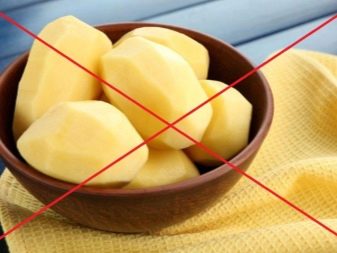
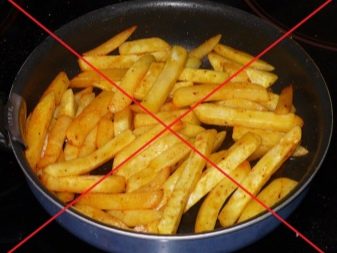
It is impossible not to mention the fermented milk products that most cats and cats love. The following items are especially useful for the stomach of these pets:
- fermented baked milk and kefir;
- yogurt;
- low fat cottage cheese;
- hard cheese (this product must be “pure”, that is, without any additives and spices);
- oat or semolina porridge in milk.
Most of these products are eaten with pleasure by cats, but far from all individuals like cottage cheese. If your pet refuses such food, then it can also be outwitted - mix cottage cheese with kefir or fermented baked milk, add a little egg yolk.
If you are going to feed your pet quality cheese without additives, then you should keep in mind that giving it is permissible no more than 1 time per week.
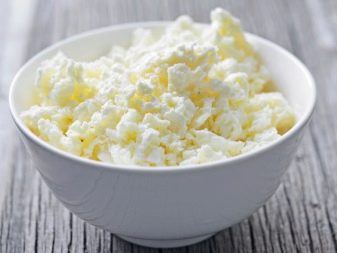
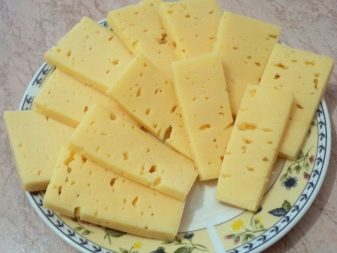
To ensure trouble-free operation of the cat's body, it also needs to be given other useful natural products. These include:
- egg yolk;
- cereals - rice, wheat, mixed with boiled or frozen meat / fish;
- greens - dill, oat sprouts, parsley;
- vegetable oil in moderation;
- vitamins and minerals;
- purified or boiled water.
If you are giving your pet an egg yolk, then you should definitely consider that it should be boiled. This product is acceptable to serve both separately and as an additive to porridge or cottage cheese. Feeding a cat with egg yolk is allowed no more than twice a week.
If porridge is prepared for a cat, then it must be done in a ratio of 1: 2 or, more simply, one share of porridge for two parts of meat. It is permissible to add finely chopped dill or parsley into the same gruel. Wheat and oats can be purchased at the pet store or try growing on your own.
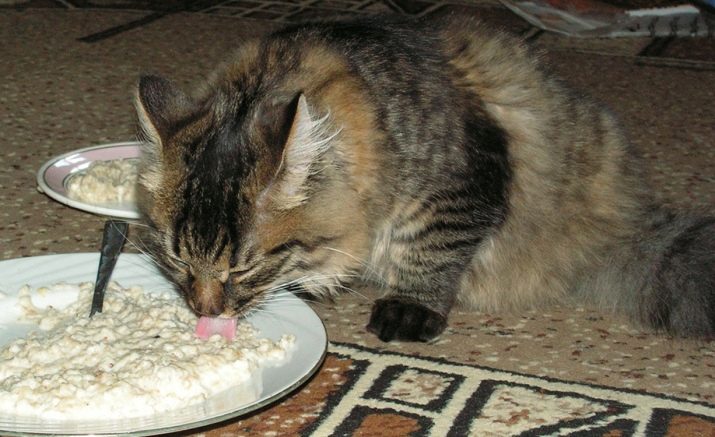
It is not recommended to give cats grass collected on the street. Such greens can include dangerous poisons that can cause very serious harm to the body of the animal.
In food, pets can add vegetable oil. However, you can not add a lot of this component - no more than two teaspoons per day.
Cats can also be given bread. It is a healthy carbohydrate-rich product. It is advisable to feed your pet wheat or rye bread. Such products will not contribute to the accumulation of fat, but saturate the body of the animal with useful substances. But we must take into account that too often cats cannot be fed bread. It is best to treat pets with a stale product, because fresh bread, according to veterinarians, can settle on the walls of the stomach, manifested by bloating and an increase in acidity.
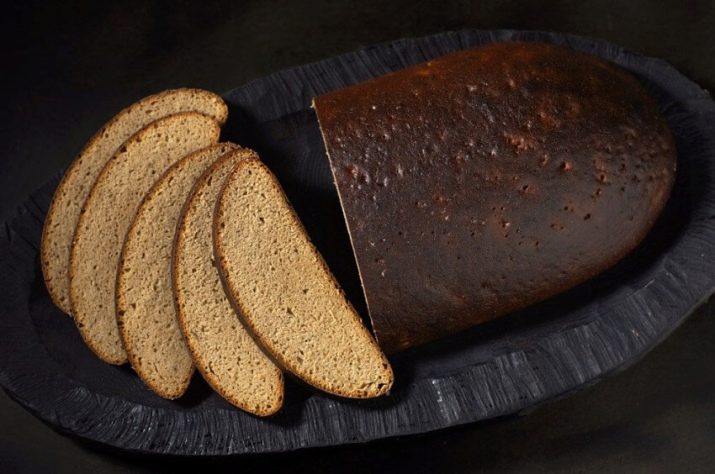
Dry feed selection
Many owners prefer to feed their pets not with natural, but with prepared dry food. Experts say that such products make it possible to maintain the required balance of energy and minerals needed by the body. Often people choose just such feeds, since they are profitable and significantly simplify the process of feeding animals, because you don’t have to cook different dishes in advance - they are already ready. In addition, dry food does not deteriorate, so you do not have to constantly monitor that an unpleasant smell does not start to come from such food.
When choosing industrial dry food sold in many stores, it is recommended to give preference to options from well-known manufacturers that produce premium or super-premium treats.
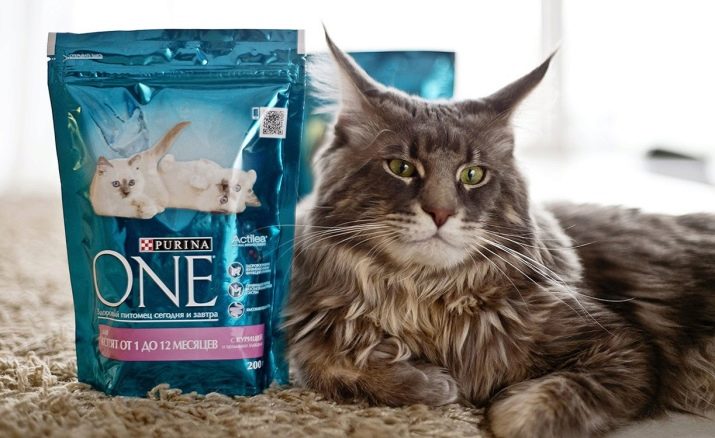
There are feeds that belong to the class of mass-market, which are cheaper and are very common, but experts do not advise giving such food to pets.
If you feed your cat dry food, then you must make sure that next to the food in the bowl there is always clean water. It is necessary to follow this rule, since in most modern dry feed there is no more than 12% moisture. If the indicators were different, then such food would not be stored for so long - dangerous mold would soon appear on it.
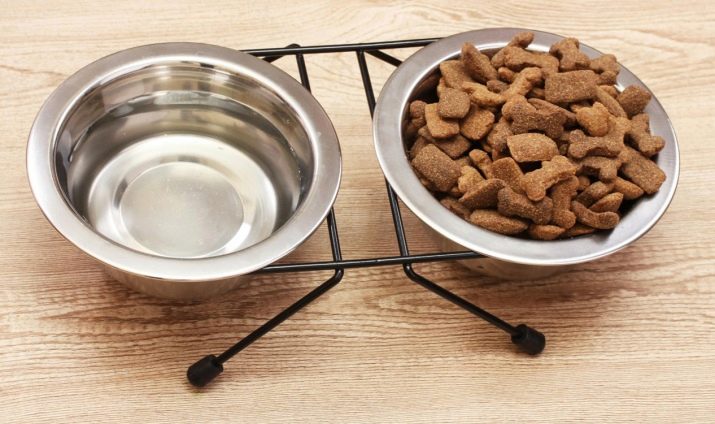
Features of canned food
Many cats really like canned food. Such food can be not only tasty for such pets, but also quite useful. Often, these components become part of mixed nutrition in cats, which includes useful vitamins. There are even quality products with antioxidants.
There are a lot of options for canned food for cats. So, in the store you can find the following types of goodies:
- mousse for cats;
- pastes;
- minced meat;
- lumpy meat;
- sausage;
- frozen food.
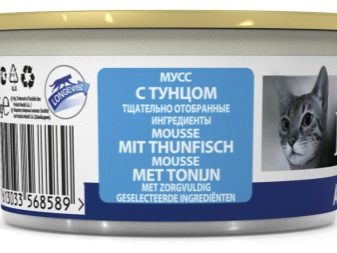
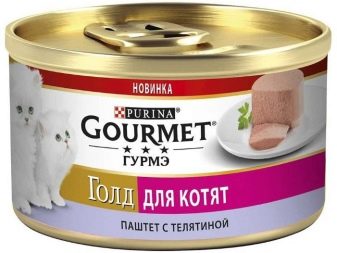
Canned foods are also beneficial and convenient because they do not rot and do not mold. But if you select such food for your pet, it is very important to ensure that the packaging is not wrinkled or damaged in any other way. Depressurization of the product must not be allowed. If on the bank you notice traces of rust or it is swollen, then you should not take it.
Veterinarians advise you to buy canned food for cats exclusively at trusted retail outlets that you are sure to store properly. It is important to pay attention to the expiration date of the selected goodies.
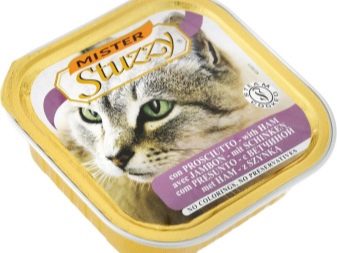
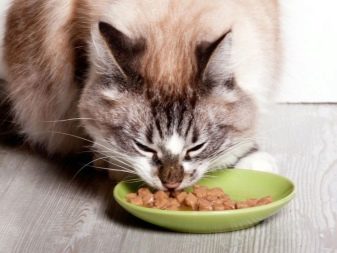
In stores, you can also find special canned goods in a lamister. Lamister is a metallized container with a soft lid from the same material. Such packaging is revealed in the same way as pastes or cottage cheese desserts. Lamisters often sell mousses and pastes.
When choosing canned food for cats, you need to pay attention to their age. For kittens, food should be taken in small granules. The old cat should eat low-calorie canned food. You can pick up special veterinary feeds that are shown to cats for certain diseases.
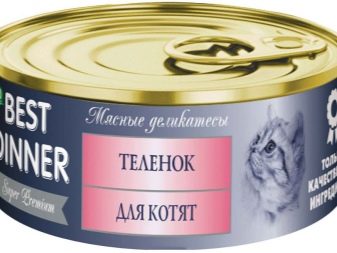
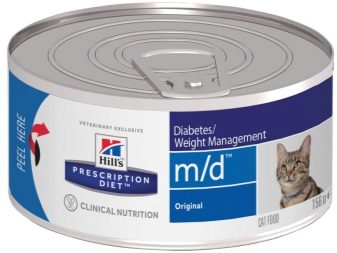
What can not be given to a cat?
As you can see, for cats you can make very simple and useful menus with a large number of inexpensive and useful components. However, before forming the diet of such a pet, you should familiarize yourself with the list of foods that he should not eat.
Never give grapes or raisins to your whiskered pet.
These products are useful and tasty only for humans, but they can cause considerable harm to cats. The fact is that in these pets raisins can cause almost instant heart failure. Be sure to consider this feature.
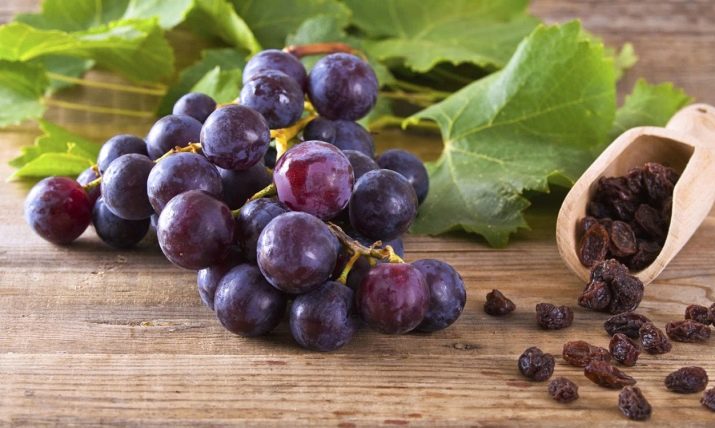
Of course, no one is safe from theft of such harmful products by a cat. If you notice such a “crime” behind your pet, then it must be taken to the veterinarian, especially if the cat began to behave strangely. Symptoms of heart failure in cats are usually immediately noticeable. These include:
- loss of appetite;
- general weakness;
- weak urination.
Onion is another very dangerous product that can harm a cat. In general, onion is a slow poison that can destroy the body’s blood cells in a pet. Due to the ingestion of such a product, a cat may suffer from anemia. In this case, it is necessary to take into account the onions that are added to the minced and semi-finished products. Even in baby food this component can take place. Before treating your pet to any of the listed treats, it is extremely important to familiarize yourself with the composition of the product.
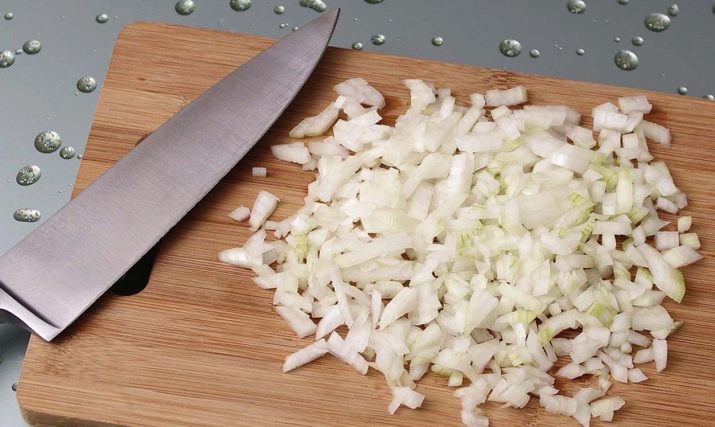
Garlic is even more dangerous than onion. All the same harmful substances are present in it, but in even larger volumes. Fortunately, garlic is added to a very limited number of products, but you should not remember about it anyway. Be carefull.
Alcohol and tobacco smoke are also harmful to cats. Often, the owners with a smile monitor the reaction of the pet when he drinks a little beer or a stronger alcoholic drink. In fact, the animal will not get anything good from such drinks. Alcohol and tobacco are also harmful to humans, and given the size of cats, it can be concluded that they can take more serious damage to their health.
Do not give your cat chicken, pork or fish bones. Such products can lead to very serious injuries to internal organs, which can lead to not only suffering, but also the death of the pet.
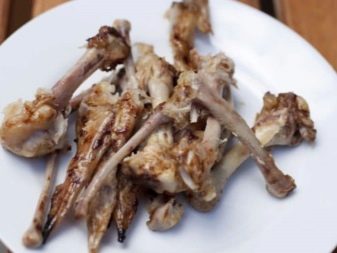
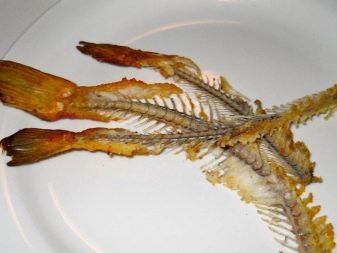
Cats should not be given white cabbage, as well as fatty, salted, smoked or pickled meat. Legumes and pasta can lead to fermentation, flatulence and gastritis. Do not treat the cat with confectionery. Sweet fruits and steamed cereals can adversely affect your pet’s teeth.
Do not give the cat fatty or river fish.
If the animal eats such foods, then there is a great risk of getting steatitis or contracting dangerous parasites.
It is not recommended to give cats such a treat as ice cream. Of course, if the animal licked such a product once, nothing will happen to it, but you can not use it as a permanent treat in any case. This also applies to those ice cream options that do not use regular sugar.
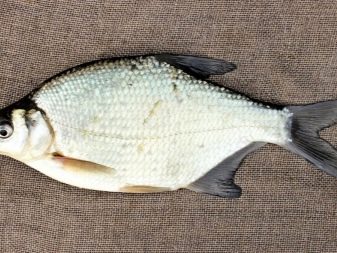

It is believed that most cats are ardent lovers of fresh milk and cream. In fact, small kittens like these products more than developed cats. Often, adult mustachioed pets do not tolerate lactose at all. In this case, milk or cream should not be given in any case, otherwise the animal will suffer from dehydration.
If by nature a cat is healthy and has good immunity, then all the flaws in its nutrition will make itself felt when it reaches old age. Usually at 7-9 years old this animal can eat almost anything, but after this age mark various serious ailments can make themselves felt, for example, urolithiasis, kidney failure, gastritis, liver problems and even diabetes. A cat that eats properly will remain active for up to 10 years or more.
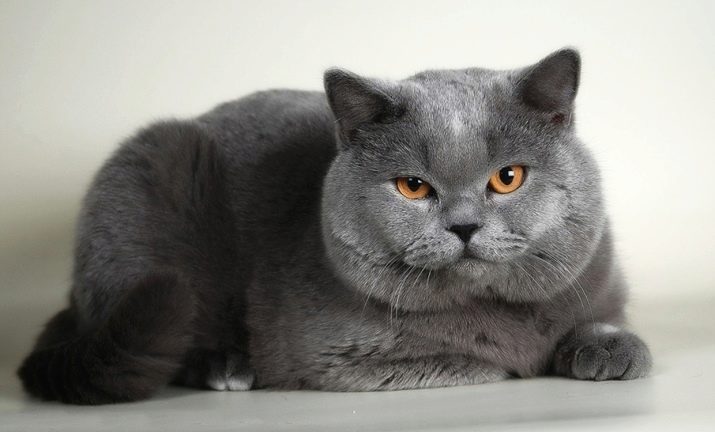
Veterinarian Tips
Many people keep cats at home. These pets are insanely popular and look very cute. Like any other animal, they need proper care. It is necessary by all rules to feed a cat so that it is cheerful and healthy. You should rely not only on the above features and nuances, but also take into account the advice and recommendations of experienced veterinarians.
- It is very important to consider the fact that after sterilization, the cat's lifestyle changes significantly. All pet attention after such procedures is directed towards food. Often, some time after the operation, a problem arises in the form of obesity of the animal. That is why it is so important to make a sparing diet for the cat. She should not consume too much food per day, especially oily foods.
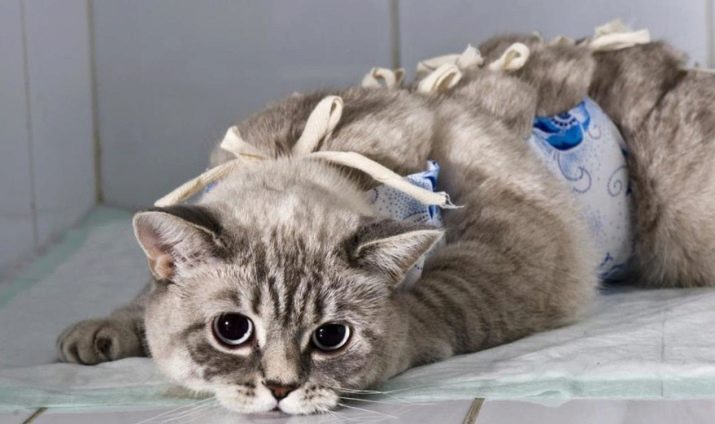
- Mostly the owners give cats different goodies, not sparing them at all. Moreover, many people simply do not realize that because of this, metabolism in the body noticeably slows down in pets. As a result, the weight of the animal increases, various kinds of health problems arise.
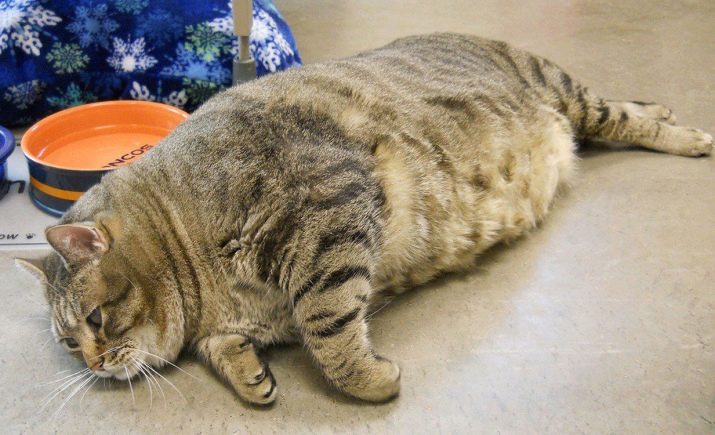
- Try not to overfeed your pet, even if you really like chubby cats. Play longer and longer with your pet. As a rule, the pet begins to actively beg for refreshments from other people.
That is why it is so important to warn guests that they do not give anything to the cat.
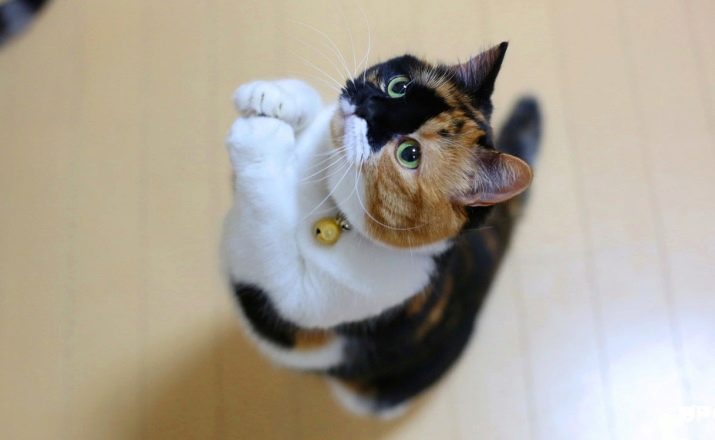
- If the pet is steadily recovering, even if you are doing everything right, he is advised to arrange fasting days once a week. In addition, it is advisable to divide the daily diet into several parts (4-5 parts are enough) and feed them to the cat during the day. Due to such actions, the fluffy will beg for less goodies.
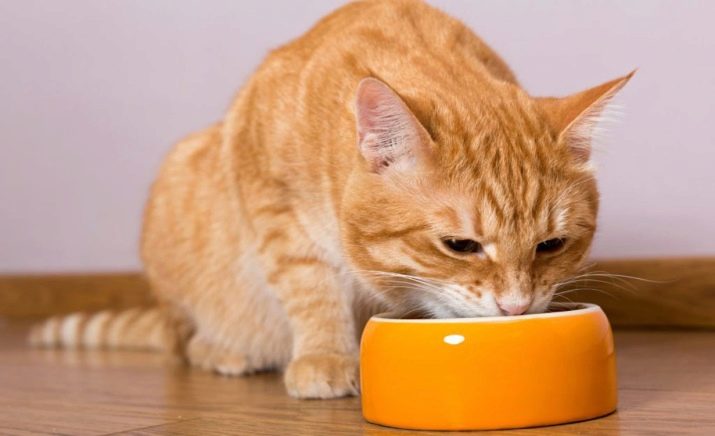
- It must be remembered that clean and fresh water should always be present in the pet's bowl.. It is especially important to take this nuance into account if the animal has recently undergone surgery or feeds mainly on dry food. In such circumstances, cats drink much more and require especially strong fluid.
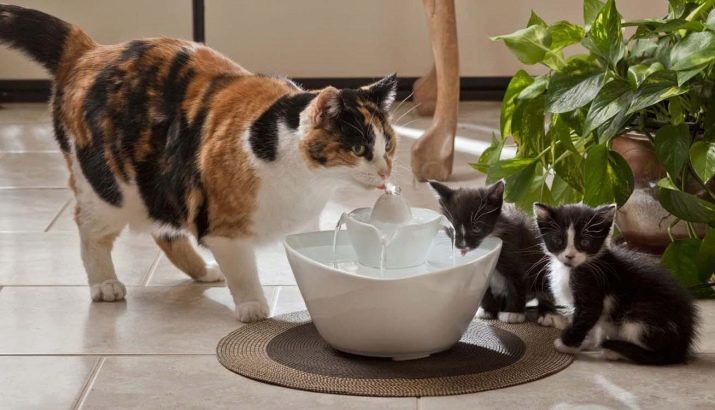
- Do not overfeed the cat with fish. These delicacies are especially loved by these pets, however, their overeating can ultimately lead to the development of serious urolithiasis.
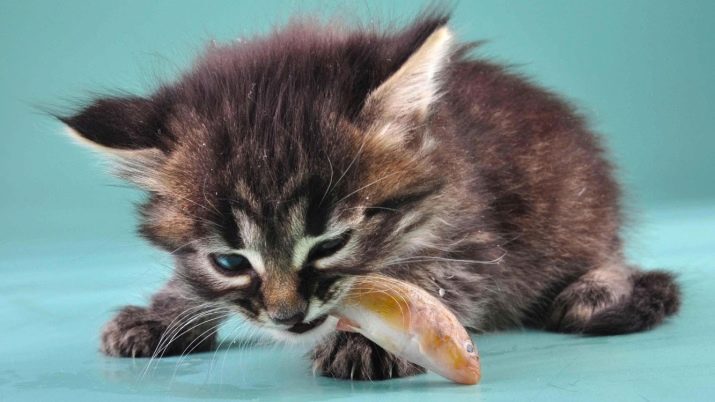
- If a pet is sick, then its nutrition must be treated with particular thought and attention. Do not be arbitrary - be sure to consult your veterinarian about how you can feed the puss, and which is better to refuse.
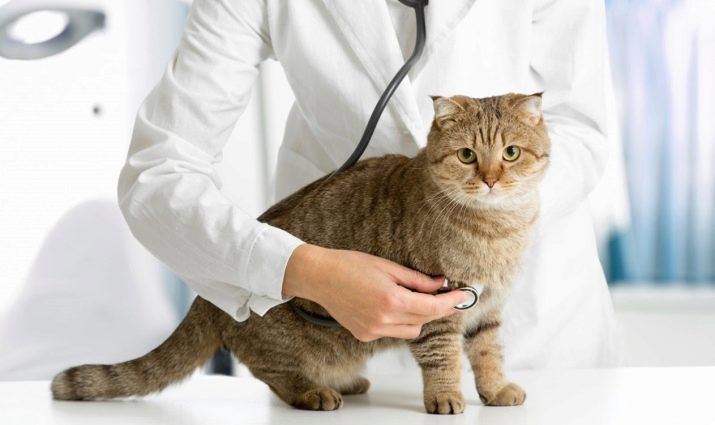
- Cats do not feel the sweet taste, but this does not stop them from eating all kinds of sweets. Do not give these pets such products if you do not want to cause them serious harm.
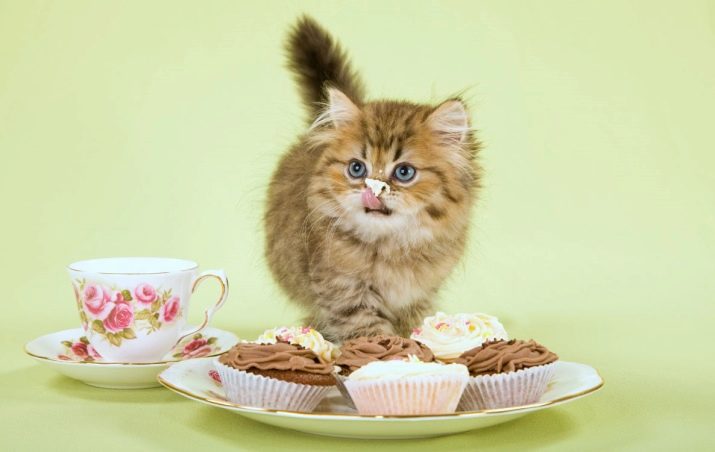
- Always make sure that your pet’s bowl doesn’t contain spoiled and foul-smelling food (if you feed your cat with natural food). Such food will definitely not benefit the animal, so you should immediately remove everything that has deteriorated in the dishes. In addition, the bowl itself must be kept clean.
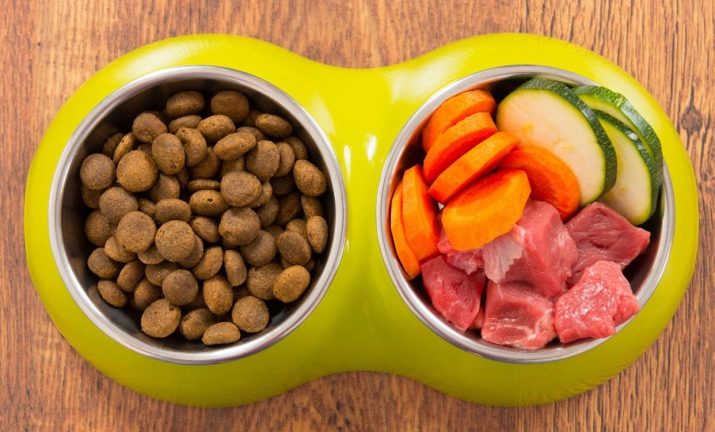
- Not all cats love cereals. You can mix it with meat or pieces of heart / chicken stomachs. Many mustachioed pets like these treats.
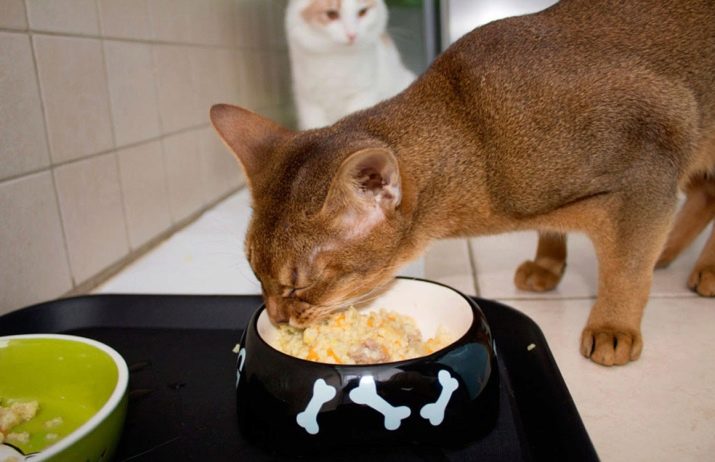
- It is not recommended to give cats yeast bread. Of course, in stores it is most often found, but it is better to take a wheat product for the pet.
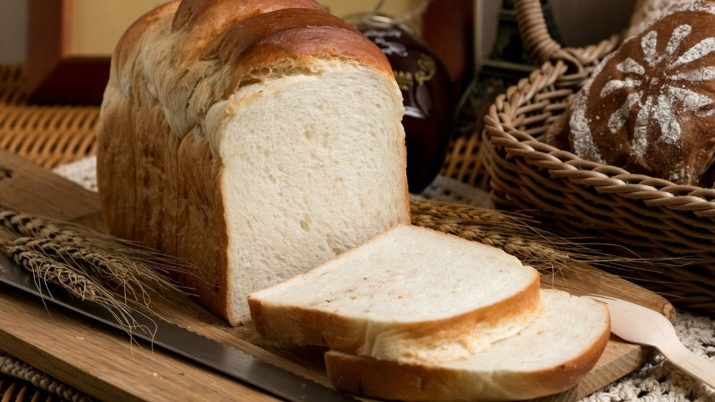
- Do not neglect feeding the cat with high-quality sour-milk products (unless, of course, it has intolerance). You can give both products purchased at the store and home-made treats.
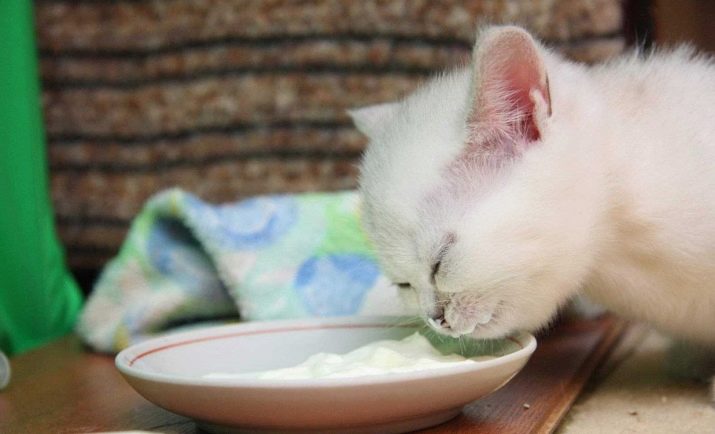
- Egg white should not be given to cats too often. If you do not follow this rule, then you can seriously harm the kidneys of the animal. Better give the yolk (preferably not more than 1 time per week).
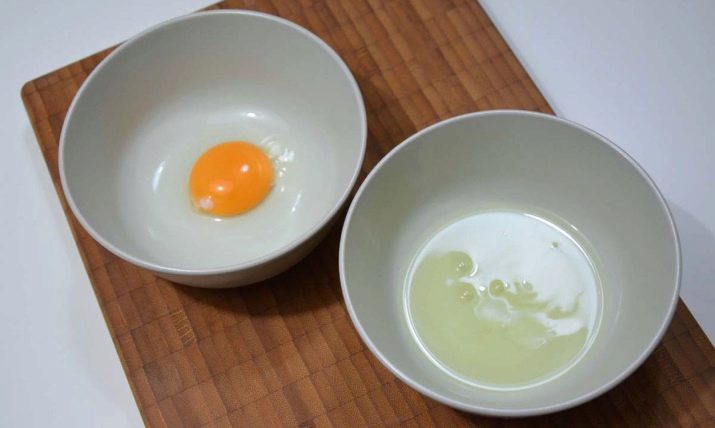
- It is not recommended to give the cat lamb meat. Pork should be given less often. Such foods are too fatty and can negatively affect the functioning of the gastrointestinal tract of the animal.
Of course, if a cat pulled a small piece of meat from the table, then there would be nothing wrong with it, but such delicacies should not be constantly given.
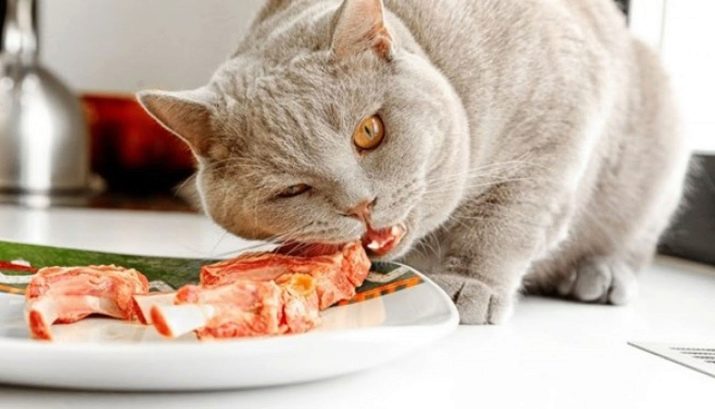
- Do not try to impose fruit on the cat. Very rarely, these pets eat such food. In addition, many of the existing fruits can harm a pet.
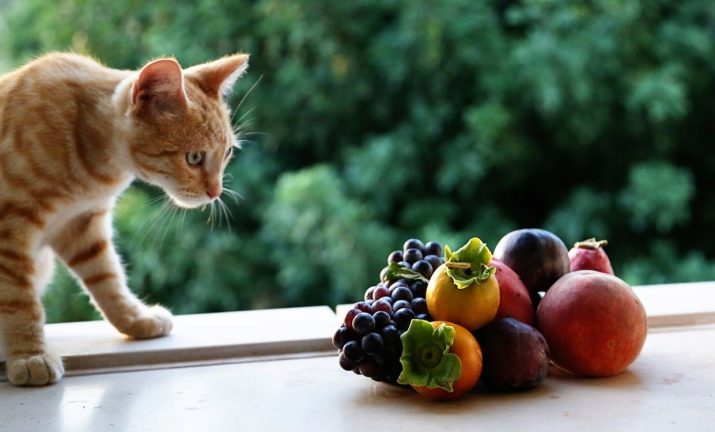
For a list of cat-friendly foods and diet tips, see the next video.
